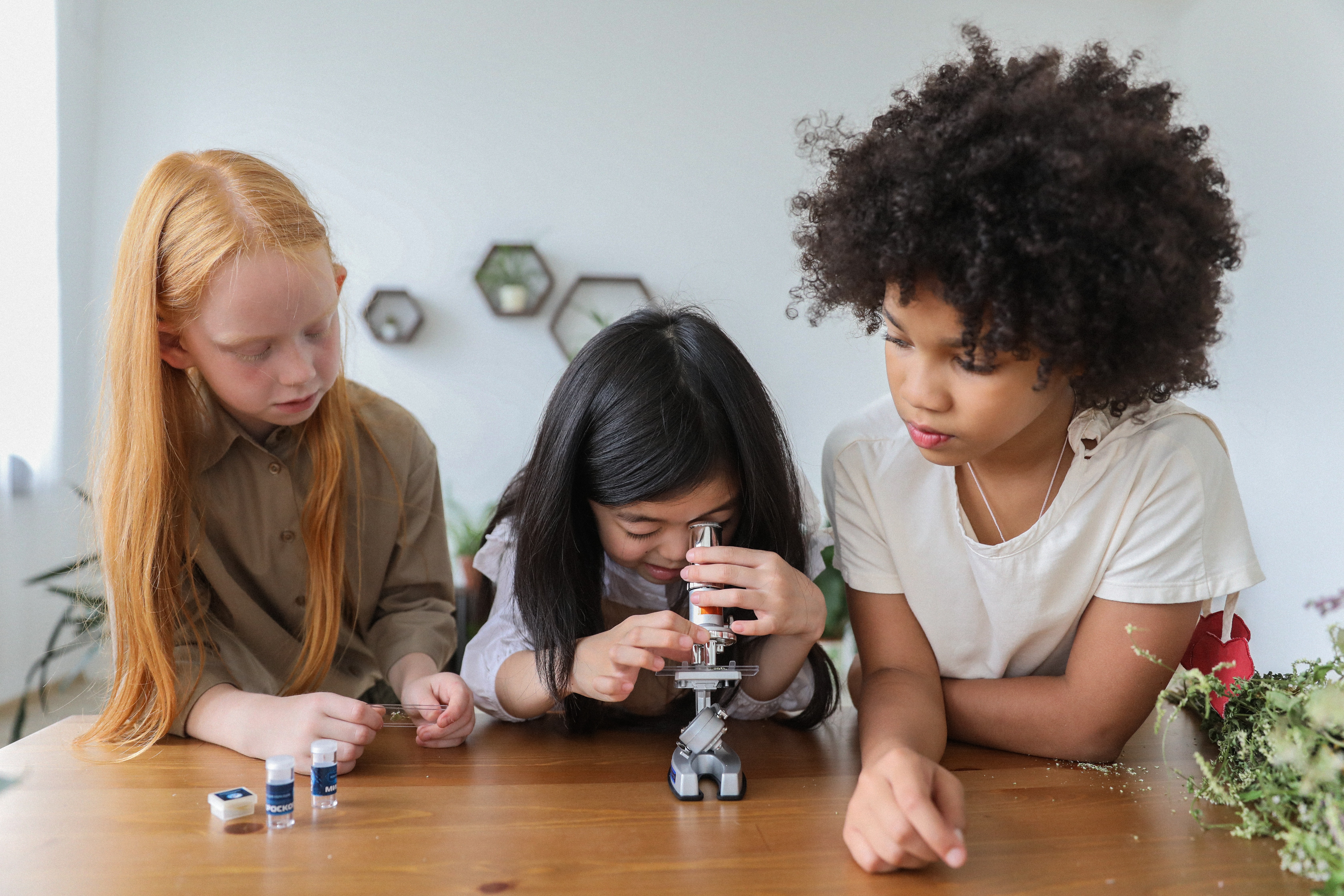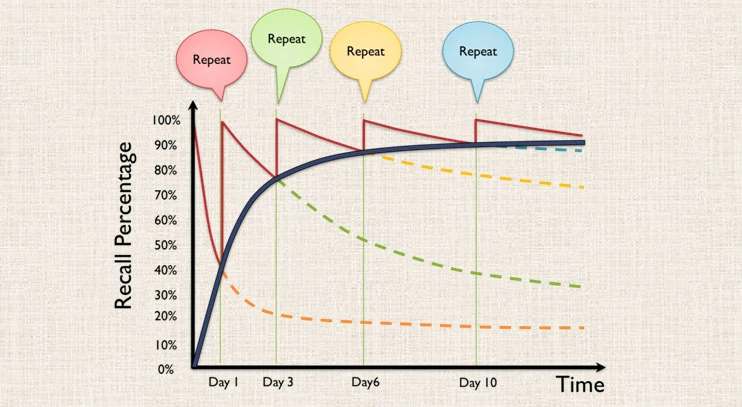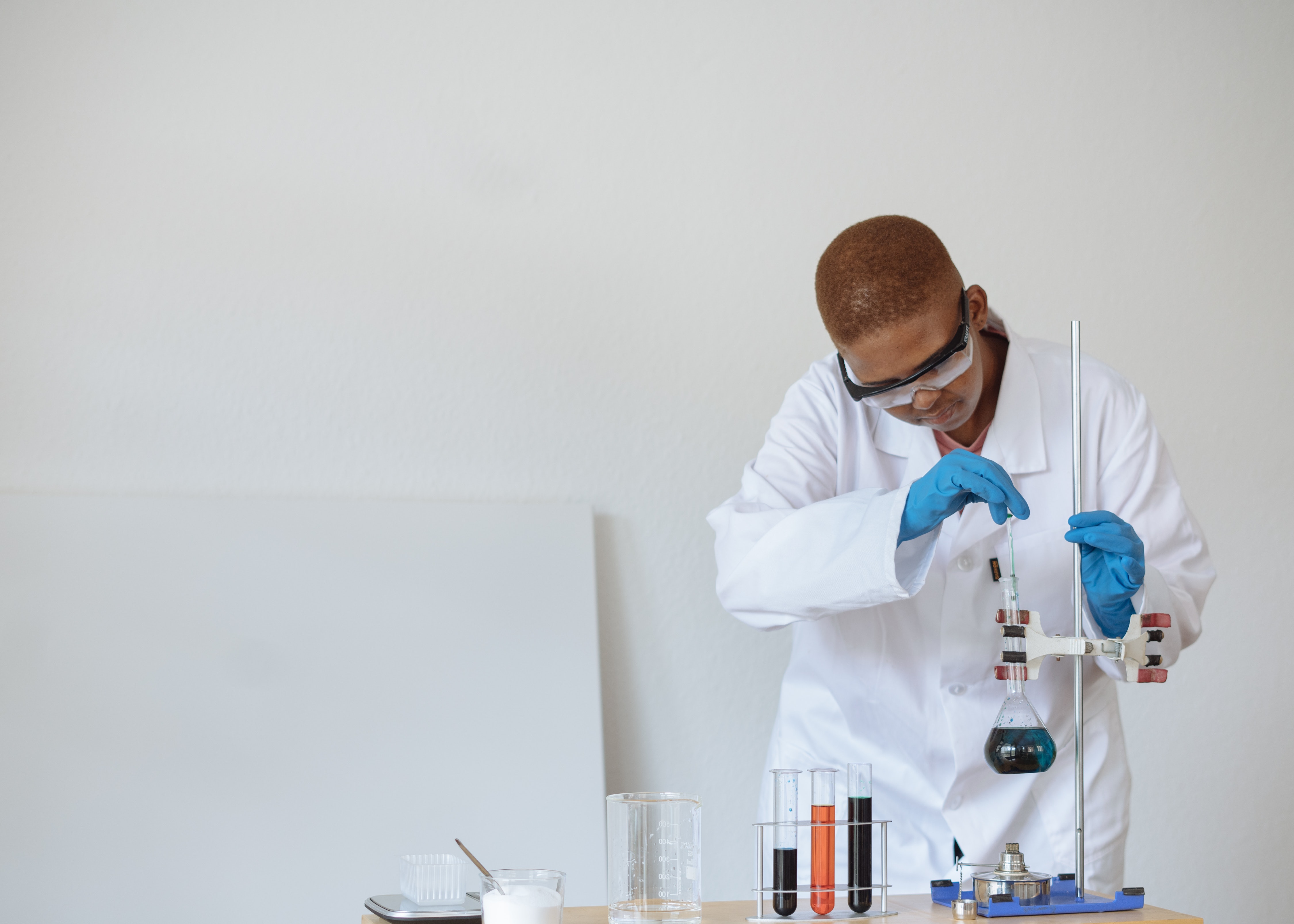
Biology in the Real World: More Than Just a Science Class!
When someone says “biology,” what’s the first thing that comes to mind?
Microscopes? Diagrams of cells? Long vocab lists you have to memorize for tests?
We get it. Biology can feel like just another subject.
But here’s the truth: biology is everywhere. It’s not just something you learn—it’s something you live.
Let’s take a step outside the classroom and see how biology is part of your everyday world in ways you’ve probably never even noticed. 🧬🌎
🧠 Biology Is… You!
Every breath you take, every beat of your heart, every time you blink—biology is in action.
- That weird noise your stomach makes? Peristalsis, baby.
- Why do you get goosebumps when you’re cold or scared? It’s your nervous system trying to keep you warm or alert.
- Craving sugar? That’s dopamine at play in your brain.
Your body is like a living science experiment, and biology is the blueprint running it all.
🐾 Biology Is All Around You
Next time you’re outside, take a closer look at what’s going on:
- Bees pollinating flowers 🌼
- Mushrooms growing in the shade 🍄
- Birds building nests in the spring 🪺
That’s ecology in real-time. Adaptation, symbiosis, evolution—they’re not just words in your notes. They’re happening right now, all around you.
Even your dog shedding fur in summer? That’s homeostasis at work!
🦠 Biology Solves Real Problems
Biology isn’t just fascinating—it’s life-saving.
- Doctors use it to understand diseases and how to treat them.
- Environmentalists use it to protect endangered species.
- Agricultural scientists use it to grow healthier, more sustainable crops.
- Genetic researchers are working on curing inherited disorders using the magic of DNA.
Think biology is just about frogs and microscopes? Think again. It’s changing the world.
🍔 Biology Even Affects What’s on Your Plate
The next time you eat, thank biology!
- Yeast makes your bread rise.
- Enzymes help digest your food.
- Genetically modified crops can help reduce world hunger.
Ever heard of “gut health”? That’s biology keeping your digestive system balanced with billions of tiny microbes.
🤯 Mind. Blown.
So next time you’re sitting in biology class wondering, “When will I ever use this?”—remember:
You already are using it. Every single day.
Biology isn’t just about passing a test.
It’s about understanding how life works, from the tiniest cell to the biggest ecosystem—and everything in between.
🌱 Final Thought
Biology isn’t just a subject—it’s a lens through which you can understand the world. The more you learn, the more amazing (and less random) everything around you becomes.
So go ahead—ask questions, get curious, and never look at a mushroom the same way again. 🍄😉




